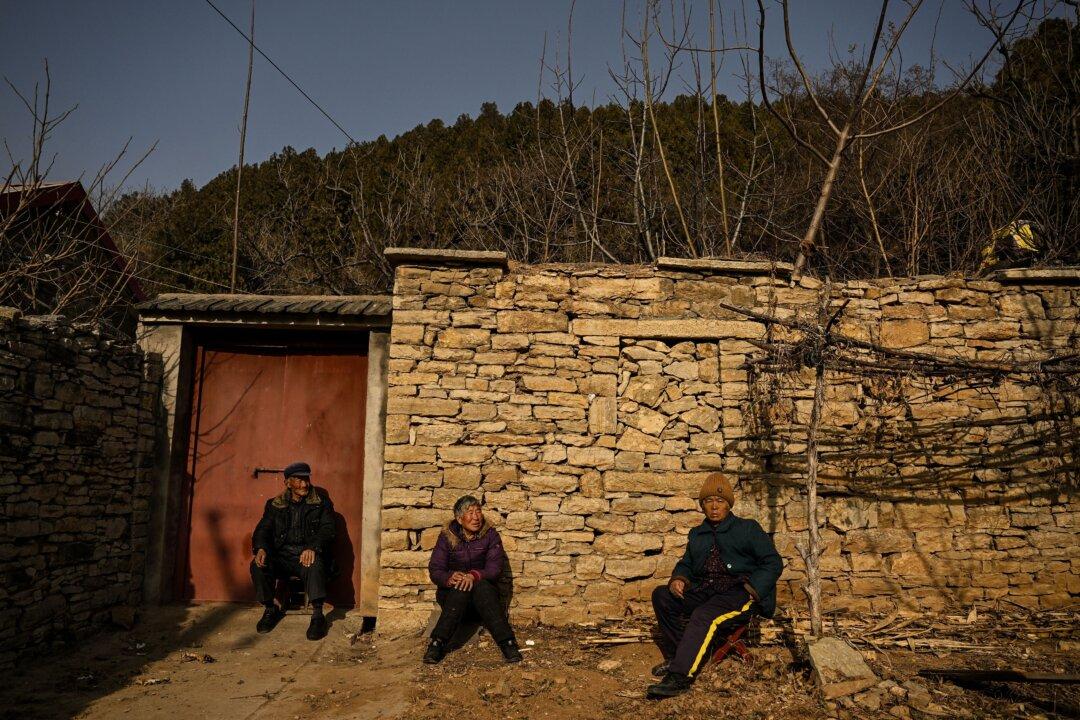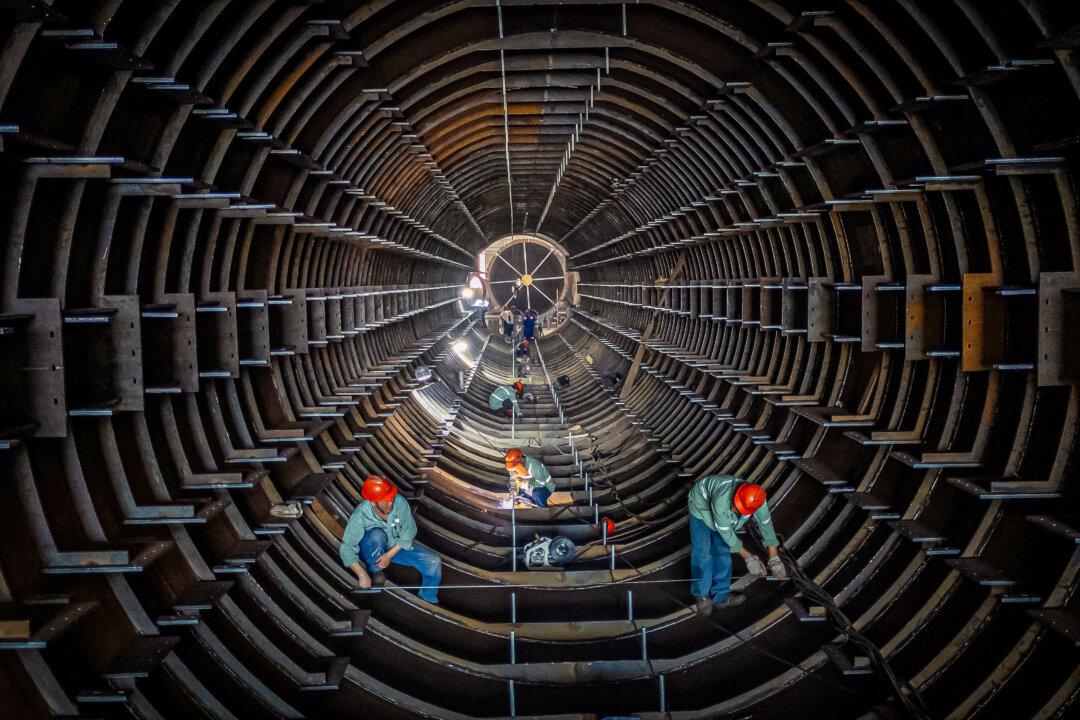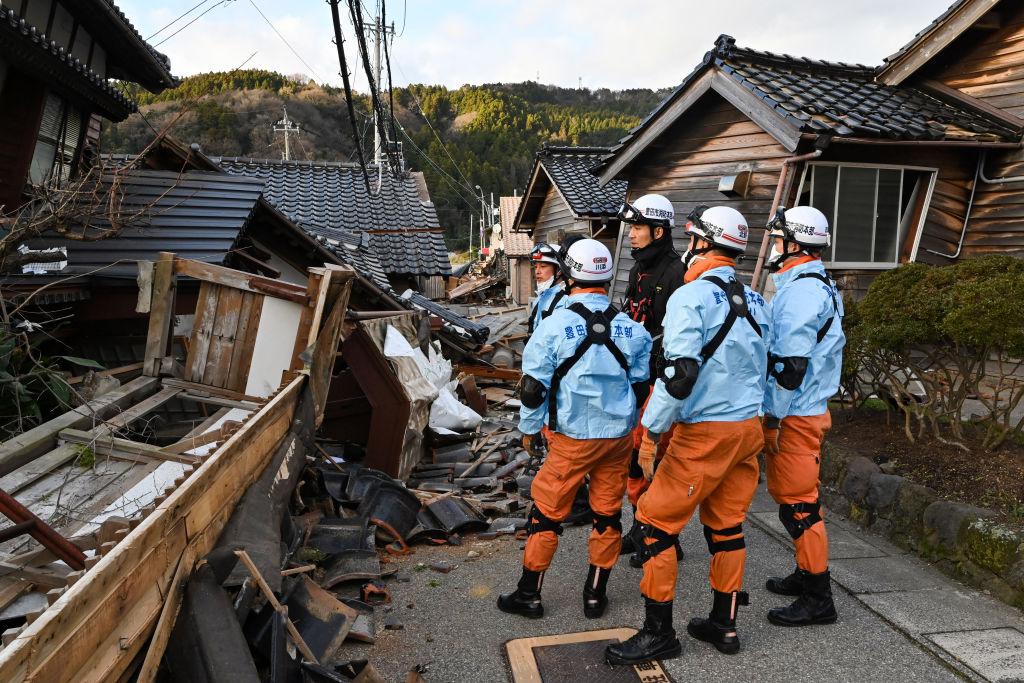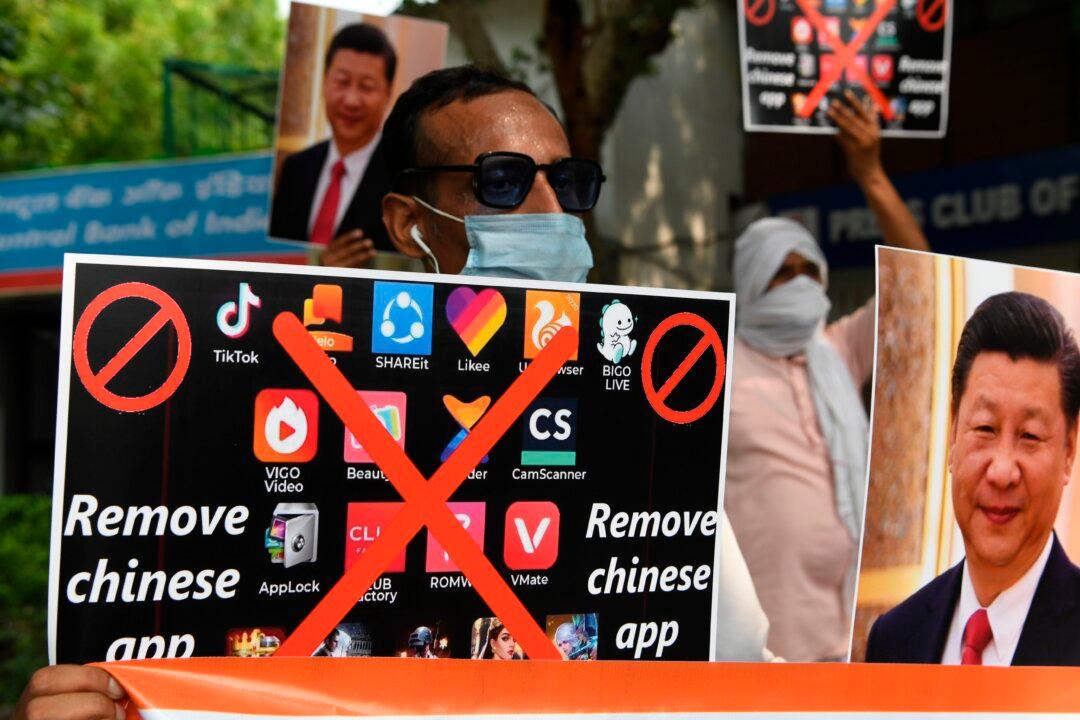The Chinese Communist Party (CCP) introduced its first organizational law for managing rural areas, which emphasizes “public ownership” and “collective ownership” of land in the countryside. Experts believe that the Xi Jinping regime aims to firmly control all rural resources and to return China to Mao Zedong’s era.
On June 28, the eve of the CCP’s Third Plenary Session, the CCP announced that the “Rural Collective Economic Organizations Law“ had been passed and will be implemented starting May 1, 2025. The law reaffirms that land ownership belongs to the collective, with farmers having only the right to use the land. It categorizes ”rural collective economic organizations” into township, village, and group levels, aiming for comprehensive control over farmers and land resources.




